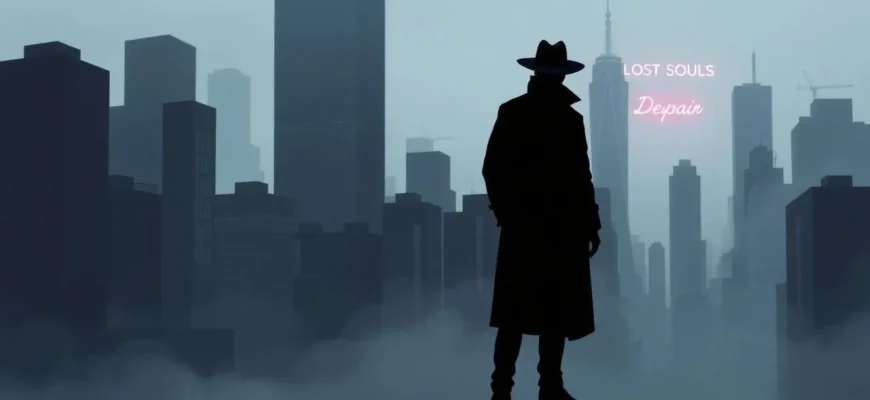Delving into the murky waters of despair, these detective films offer a unique blend of suspense, mystery, and emotional turmoil. They are not just about solving crimes; they explore the human psyche's darker corners, where hope seems lost, and desperation reigns supreme. This collection is perfect for those who appreciate the intricate dance between light and shadow, where the line between right and wrong blurs, and the detectives themselves are often as lost as the cases they pursue.
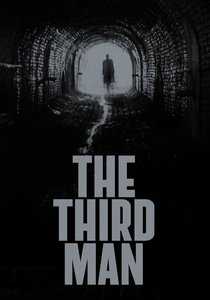
The Third Man (1949)
Description: This classic film noir set in post-war Vienna captures the essence of despair through its labyrinthine plot and the haunting zither score. The protagonist, Holly Martins, finds himself in a city where nothing is as it seems, and his friend's death leads him into a world of corruption and betrayal.
Fact: Orson Welles improvised much of his dialogue, including the famous cuckoo clock speech. The film was shot on location in Vienna, giving it an authentic, gritty feel.
 Watch Now
Watch Now
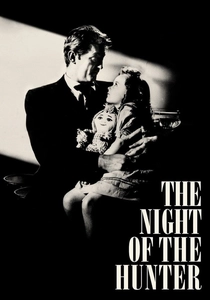
The Night of the Hunter (1955)
Description: Charles Laughton's only directorial effort is a haunting tale of a false preacher, played by Robert Mitchum, who terrorizes two children in search of hidden money. The film's gothic atmosphere and themes of innocence versus evil evoke a profound sense of despair.
Fact: The film was a commercial and critical failure upon release but has since been recognized as a masterpiece. Mitchum's performance as the menacing preacher is considered one of his finest.
 Watch Now
Watch Now
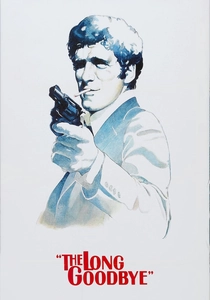
The Long Goodbye (1973)
Description: Robert Altman's adaptation of Raymond Chandler's novel features a disoriented Philip Marlowe, played by Elliott Gould, who navigates through a world where traditional morality has been upended, leading to a sense of existential despair.
Fact: The film was initially panned by critics but has since been reevaluated as a neo-noir classic. The title song was performed by John Williams, not the famous composer, but a jazz pianist.
 Watch Now
Watch Now
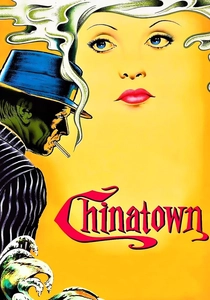
Chinatown (1974)
Description: Jack Nicholson's portrayal of Jake Gittes, a private eye who stumbles upon a web of deceit and corruption in 1930s Los Angeles, encapsulates the theme of despair. The film's ending is one of the most despairing in cinema, leaving viewers with a sense of inevitable tragedy.
Fact: The screenplay was originally intended for a different film, but Roman Polanski rewrote it, adding his own dark twist. The famous line "Forget it, Jake, it's Chinatown" was improvised by actor Joe Mantell.
 Watch Now
Watch Now
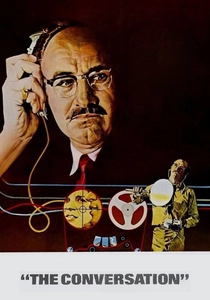
The Conversation (1974)
Description: Gene Hackman plays a surveillance expert whose life unravels as he becomes paranoid about the implications of a conversation he recorded. The film's slow descent into paranoia and despair is masterfully crafted.
Fact: Francis Ford Coppola wrote the script in the late 1960s but couldn't get it made until after the success of "The Godfather." The film was shot in San Francisco, where Coppola lived at the time.
 Watch Now
Watch Now
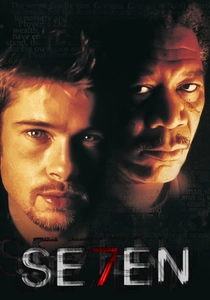
Se7en (1995)
Description: David Fincher's grim tale of two detectives tracking a serial killer who uses the seven deadly sins as his modus operandi. The film's bleak atmosphere and the detectives' descent into moral ambiguity perfectly embody the theme of despair.
Fact: The film was shot in a continuous 54-day night shoot to maintain the dark, oppressive atmosphere. The ending was kept secret from most of the cast and crew until the last day of shooting.
 Watch Now
Watch Now

The Girl with the Dragon Tattoo (2011)
Description: David Fincher's adaptation of Stieg Larsson's novel features Lisbeth Salander, a hacker with a dark past, and Mikael Blomkvist, a journalist, as they delve into a decades-old disappearance, uncovering layers of despair and corruption.
Fact: The film was shot in Sweden, providing an authentic backdrop to the story. The title sequence, featuring a cover of Led Zeppelin's "Immigrant Song," was a creative choice by Fincher to set the tone.
 Watch Now
Watch Now
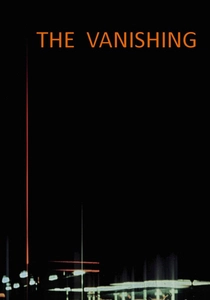
The Vanishing (1988)
Description: A Dutch thriller about a man's relentless search for his missing girlfriend, which leads him into a psychological abyss. The film's chilling exploration of obsession and despair is unmatched.
Fact: The film was remade in Hollywood in 1993, but the original remains superior in its subtlety and impact. The ending was kept secret from the actors until the last day of shooting.
 30 Days Free
30 Days Free
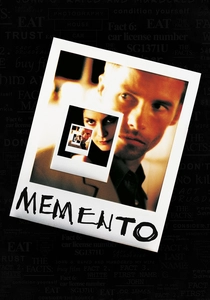
Memento (2000)
Description: Christopher Nolan's non-linear narrative about a man with short-term memory loss trying to solve his wife's murder is a study in despair, as he struggles with his own identity and the truth.
Fact: The film was shot in reverse order, with the last scene being filmed first. The black-and-white sequences were shot in chronological order, while the color sequences were shot in reverse.
 30 Days Free
30 Days Free
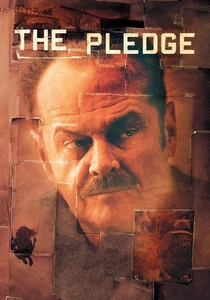
The Pledge (2001)
Description: Jack Nicholson stars as a retired detective obsessed with solving the murder of a young girl, leading him into a spiral of despair as he confronts his own mortality and the futility of his quest.
Fact: The film is based on a novel by Friedrich Dürrenmatt, and Sean Penn, who directed, originally wanted to cast Marlon Brando in the lead role.
 30 Days Free
30 Days Free

